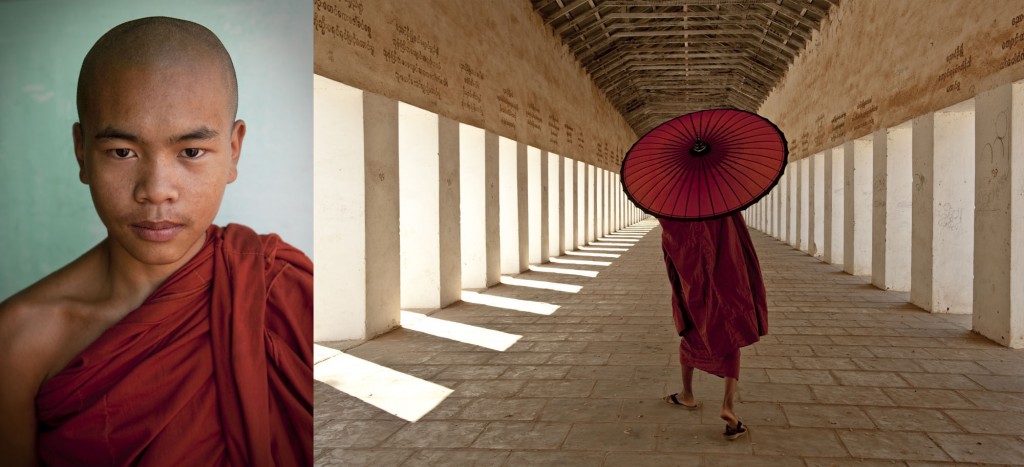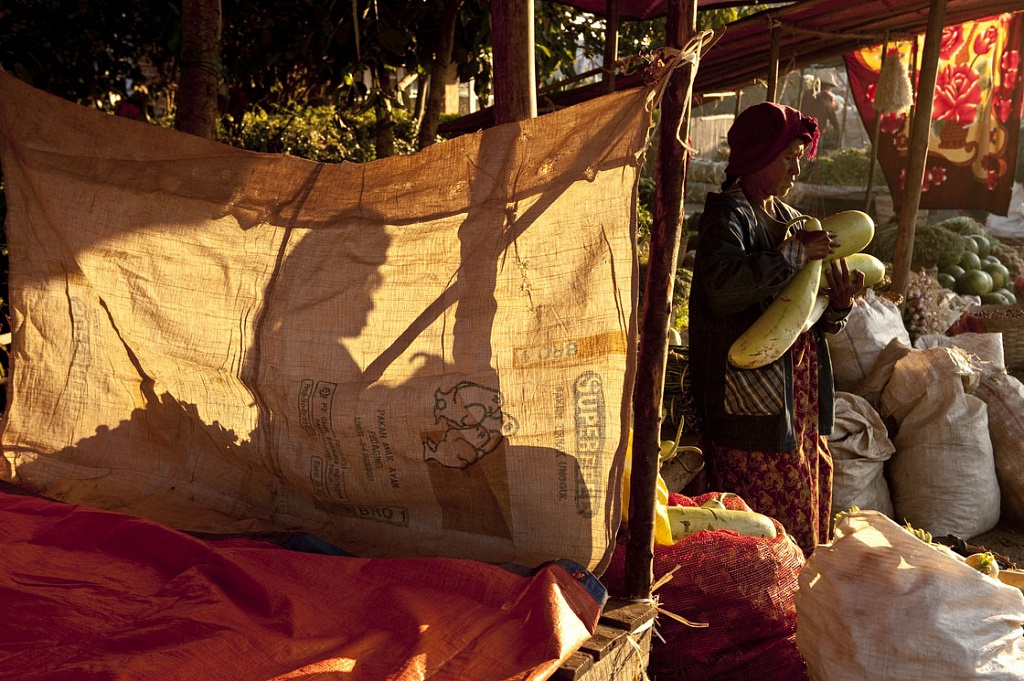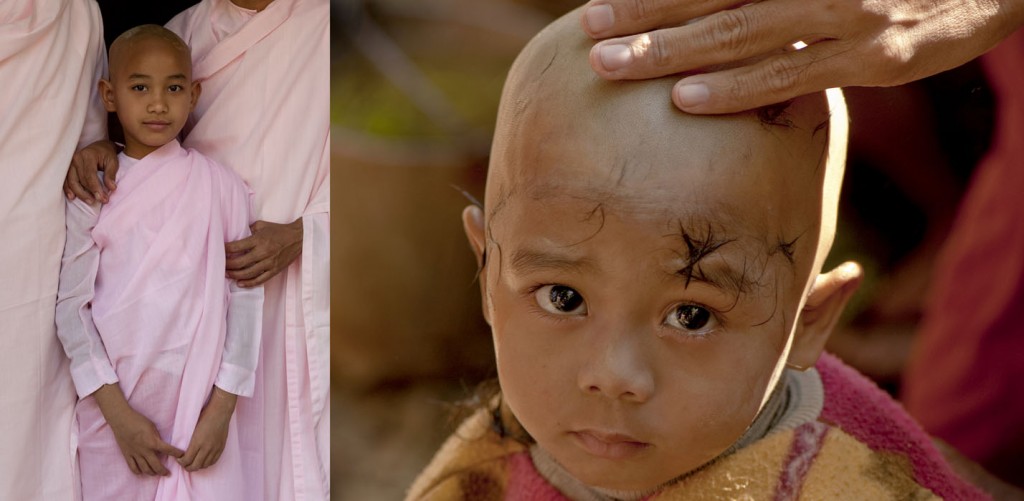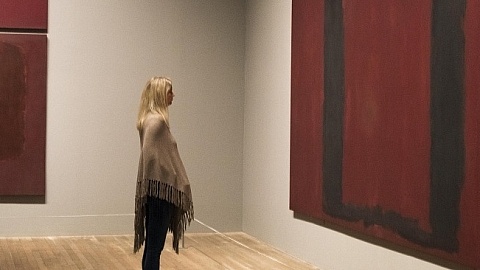Where is home? I grew up in England, left when I was already an adult and I have lived for the last 30 years in California. During that time I have traveled extensively, mainly in Asia. I think of England as home, call California home but feel that Asia is home. And Burma, or Myanmar as it’s now officially called, is quintessential Asia. This is still the old Asia, unchanged for centuries and the corrosive effect of tourism has yet to be felt. Ironically, this has largely been thanks to the international tourism boycott.
I was last there in 1997 and little has changed physically or politically. However, 13 years ago there was a tangible feeling of oppression. Censorship of media was obvious and although the people were delightful they were careful about what they said. When I was there 2 weeks ago, I saw satellite dishes throughout the country, most towns had internet cafes, many people I met had gmail accounts. The biggest surprise was that politics were discussed openly and opinions freely given. This doesn’t discount the underlying cloak of fear that people live with on a daily basis but indicates that at least the junta is making an attempt to shed it’s tarnished image.
Superficially, the country appears to work – apart from frequent brown-outs. The rampant consumerism of the West is refreshingly absent and in spite of sanctions essential supplies freely enter through neighboring China. Chinese motorbikes are particularly evident and at US$400 they are in reach of a surprisingly high percentage of the population. Outside of the major cities, Yangon and Mandalay, life is simple, the people appear to be content and certainly well fed. Burma is a land of farmers and as the 50 million rural population is mainly involved in agriculture, food is plentiful. Markets are overflowing with good, fresh produce that would be the envy of any farmer’s market in the West.
It is naïve to suggest that all is well in Burma contrary to popular opinion but does a tourism boycott have any affect? A frequent comment was “Thank you for having the courage to visit our country”. There is a strong desire for change and tourism is seen as a means of accomplishing this. International relations are gradually changing and the Obama administration has announced a shift in US policy on Burma towards engagement rather than isolation, though without specifying any concrete steps. Even organizations such as Voices for Burma and Free Burma Coalition that traditionally supported the tourism boycott have now changed their view and they urge tourists to do as much as possible to help private Burmese citizens and not put money in the government’s pocket. Although any major hotel is going to have some governmental connection, we made every effort to avoid government owned hotels and where ever possible patronized local restaurants.
Tourism may or may not improve the political situation but has a tourism boycott been effective either?
I’m back at the place I call home but my heart is still on the continent that I love.



